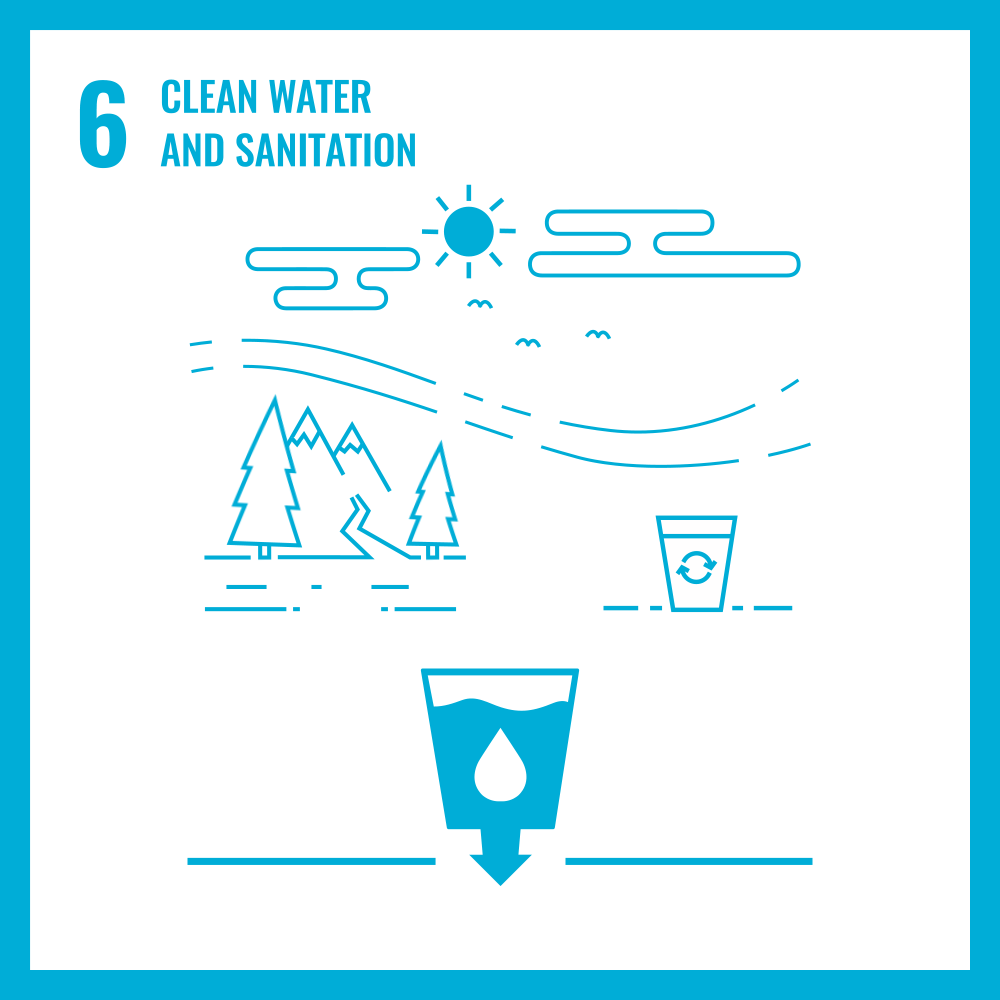This Is My Water Story. What's Yours?
Micène Fontaine, July 1, 2021
Humans love stories. That's how we learn, pass on traditions and ancestral knowledge. Stories are - at once - who we've been, are, and will be.
 In preparing for our "Water of Life" Change by Design session, I struggled to think of personal water stories. Sure, I had a story about a guy I dated who never drank a drop of water (that did not work out). I also had a story about dreaming about water when I was in the hospital for a week, and chips of ice were dispensed one by one and harder to come by than morphine.
In preparing for our "Water of Life" Change by Design session, I struggled to think of personal water stories. Sure, I had a story about a guy I dated who never drank a drop of water (that did not work out). I also had a story about dreaming about water when I was in the hospital for a week, and chips of ice were dispensed one by one and harder to come by than morphine.
Needless to say, I didn't have a water story.
It bothered me that when trying to convey the importance of water scarcity through storytelling, I was running dry (no pun intended). Then it hit me; that was precisely the point. No story is the story. Our water stories don't usually stand out as worthy of being told or remembered because most of us don't treasure water the way it deserves to be. And, in some - admittedly - paradoxical way, that's what I am hoping for: I hope to never have a water story. I don't want to, one day, remember when you could turn on the tap and water would flow. Or to someday, while staring at a plastic island drifting in an ocean that acidification has made unfit to swim in, reminisce on the lazy days once spent on the pristine white sand beaches of the Florida panhandle.
Water - potable fresh water - is essential to life on Earth. It’s 60% of who we are as humans. Water is more than life or death. It’s also access to education, gender equality, and poverty (Guess who walks miles to fetch water for their families?) The evidence of the urgency of this situation is everywhere. Water conflicts are on the rise globally, and rich nations are not immune.
While it's more pressing in underdeveloped countries, water scarcity and affordability are starting to be an issue in economically developed countries, where our relationship with water seems to have changed. At the current rate, the demand for life-sustaining freshwater is on track to be 40% higher than the available water resources by 2030. The problem is relatively simple: We have a finite amount of fresh water available, but don’t manage it as such. Even the 97% of the water on Earth that is saltwater is compromised. We will soon have more plastic than fish in the sea, which not only means our food supply is compromised, but also leads to a host of other dire consequences with compounding effects.
That's why this is important to me, and that's where I need your help. As architects and designers, you can leverage the power of design to ensure that these dystopian stories never materialize.
This is my water story. What's yours?




